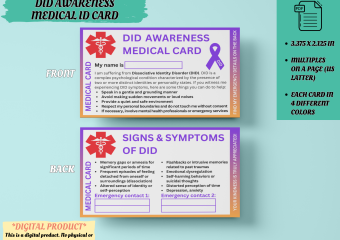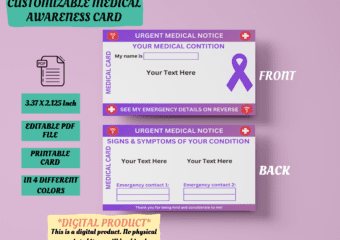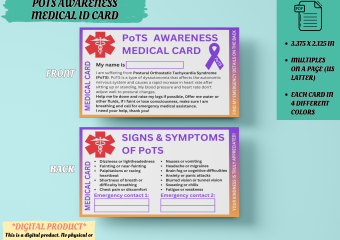Why You Need A Medical Alert Card
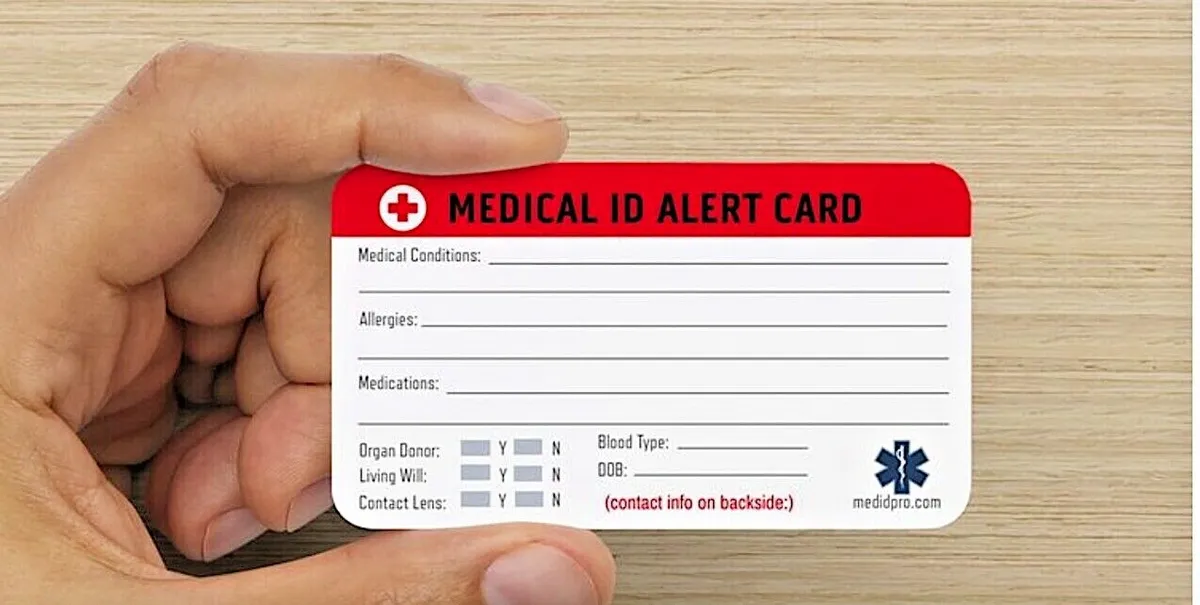
- How to Write Effective Therapy Progress Notes - January 7, 2025
- How to create SMART Goals in Therapy - October 8, 2024
- MICU vs SICU: What is the difference? - March 25, 2024
As healthcare professionals, we often come across patients with conditions that necessitate swift, informed decisions in emergencies. Understanding the significance of a medical alert ID, its various forms, and its critical components can be instrumental in shaping the outcomes for these patients.
What is a Medical Alert Card?
A medical alert card, often referred to as a medical ID or emergency medical identification, serves as a quick reference for first responders and medical professionals in situations where a patient may be unable to communicate. It provides vital information about the patient’s health condition, allergies, medications, and emergency contact details, which can be pivotal in ensuring accurate and timely medical intervention.
Types of Emergency Medical ID Cards
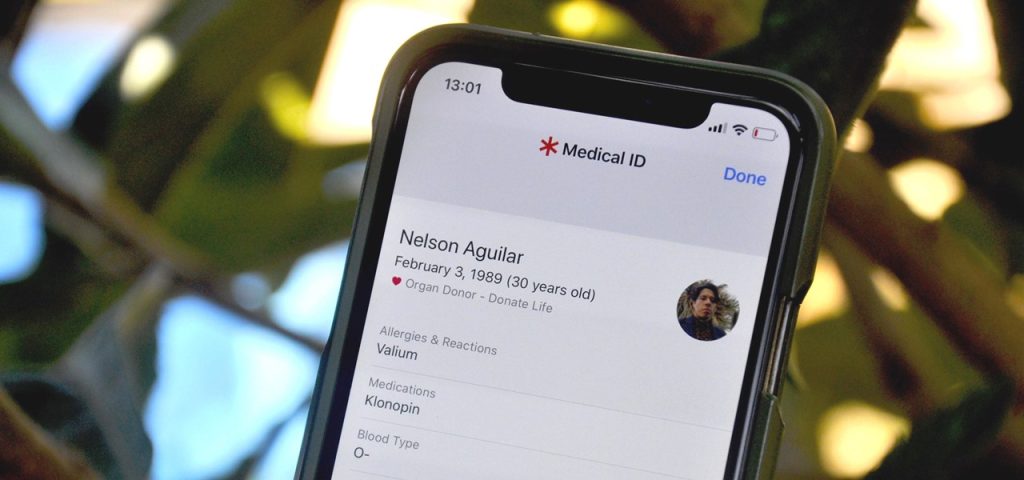
- Traditional Metal Bracelets and Necklaces: These are the most common forms of medical alert IDs. They are durable and typically have engraved medical information, making them ideal for long-term use.
- Silicone Wristbands: Popular among younger individuals, these wristbands are comfortable and can be customized with pertinent medical information.
- Digital Medical IDs: With technological advancements, there are now digital medical IDs available as smartphone apps or wearable devices. They offer the advantage of storing more comprehensive information, which can be easily updated.
- Wallet Cards: These are pocket-sized cards, usually made of durable plastic, that carry detailed medical information. They complement other forms of medical alert IDs, providing a backup in case other identification is lost or overlooked.
What To Include In A Medical Alert Card?
- Personal Identification: Full name and date of birth.
- Medical Conditions: Major health conditions such as diabetes, epilepsy, or heart diseases.
- Allergies: Especially those that can cause severe reactions, like medication or food allergies.
- Medications: Particularly those which are continuously taken or have severe interactions.
- Emergency Contacts: Details of at least two people who can be reached in an emergency.
- Physician’s Details: Contact details of the primary healthcare provider.
- Advance Directives: If available, indicating DNR (Do Not Resuscitate) or other specific wishes.
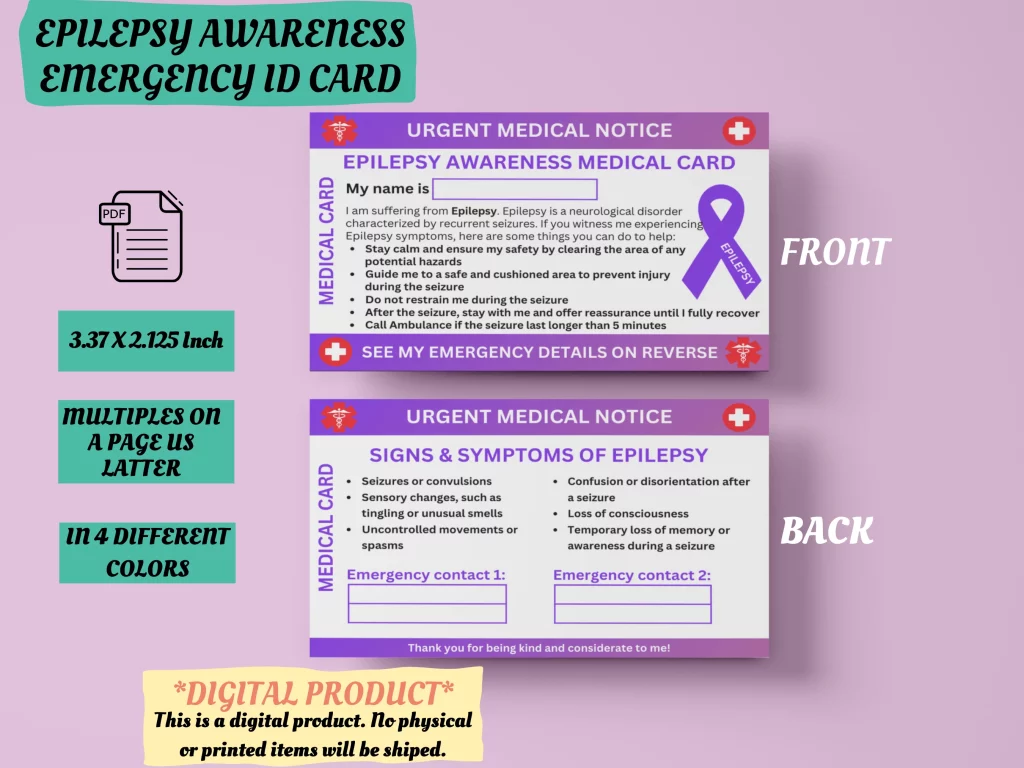
Who Needs A Medical Alert Information Card?
Individuals with the following circumstances can greatly benefit from a medical alert ID:
- Chronic Medical Conditions: Patients with diseases such as diabetes, asthma, or epilepsy, which may require immediate attention.
- Medication Allergies: Especially if they’re on multiple medications or have known reactions.
- Physical Disabilities: Including those not easily recognized, such as hearing impairment.
- Cognitive Impairments: Conditions like Alzheimer’s or other forms of dementia, where patients might wander or be unable to effectively communicate their needs.
- Complex Treatment Regimens: Patients who are on multiple medications or have intricate medical devices like pacemakers.
Conclusion
A medical alert ID serves as a silent guardian for individuals with unique healthcare needs, ensuring that when words fail or circumstances become dire, their critical medical information speaks up. As nurses, our role extends beyond providing care; it’s about advocating for the best possible outcomes for our patients. Understanding and promoting the use of medical alert IDs is a simple yet profound way of fulfilling that responsibility.

